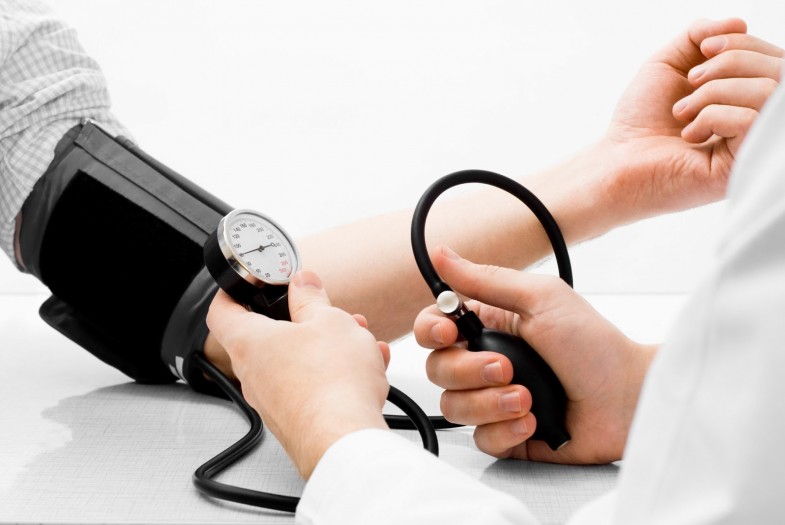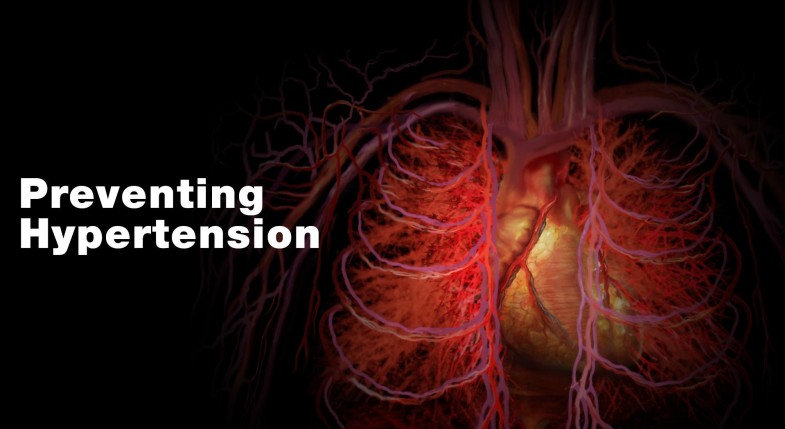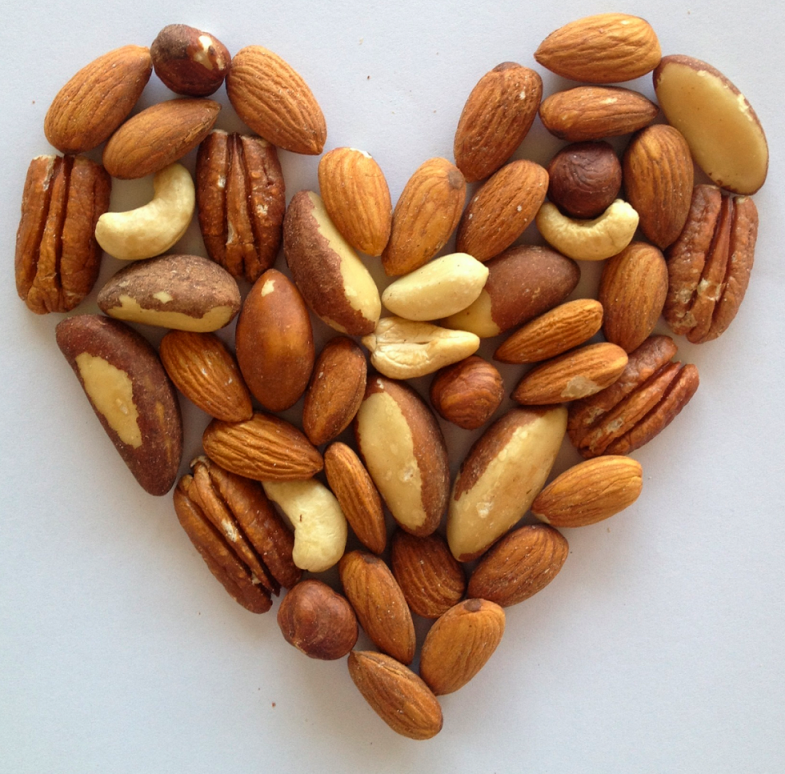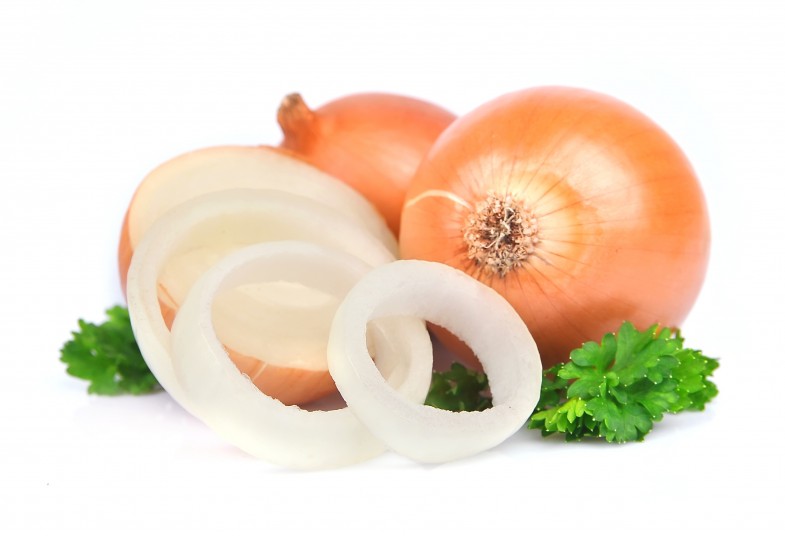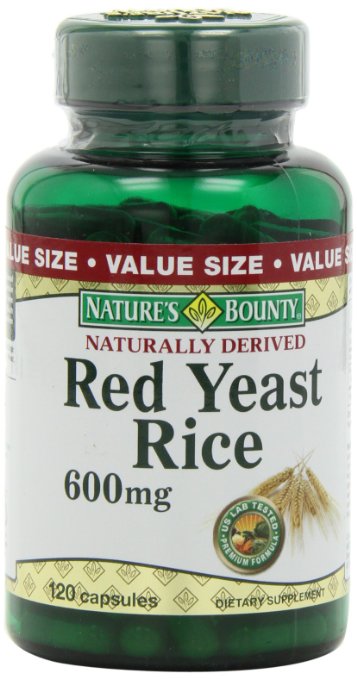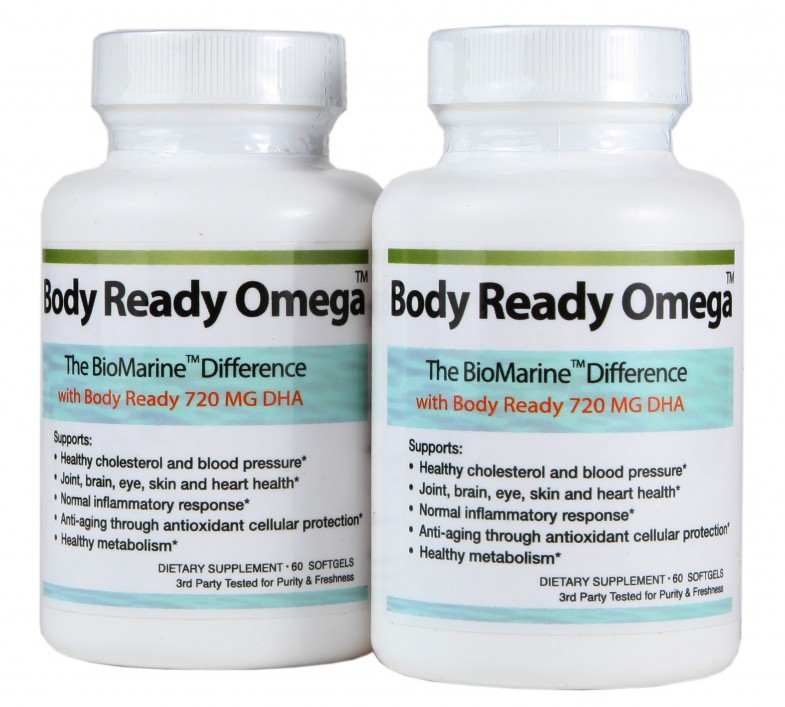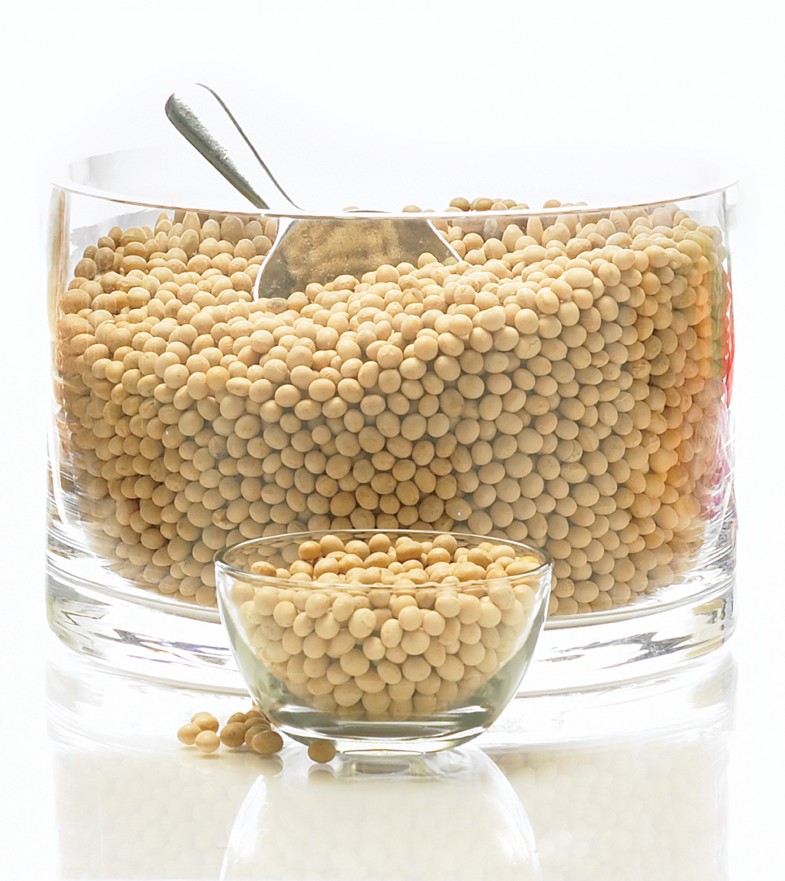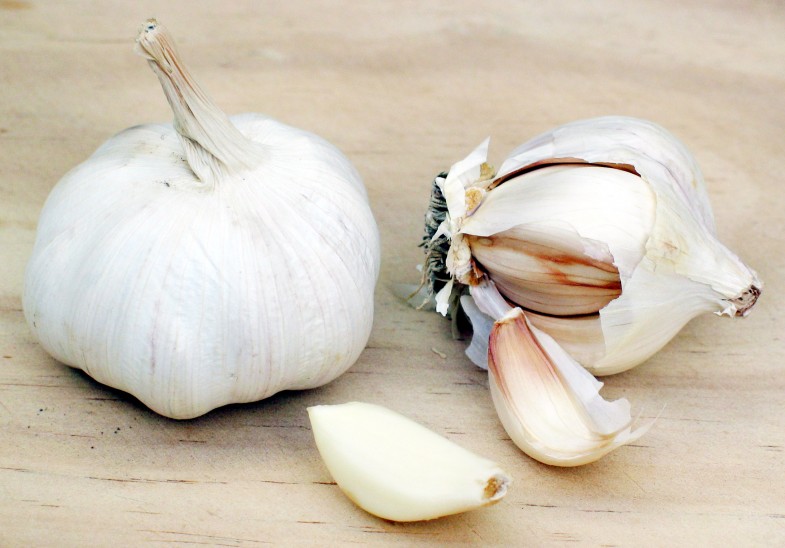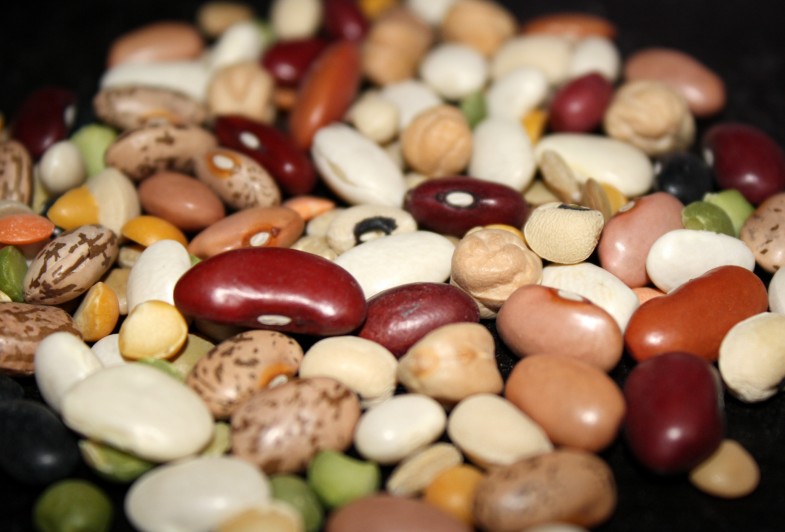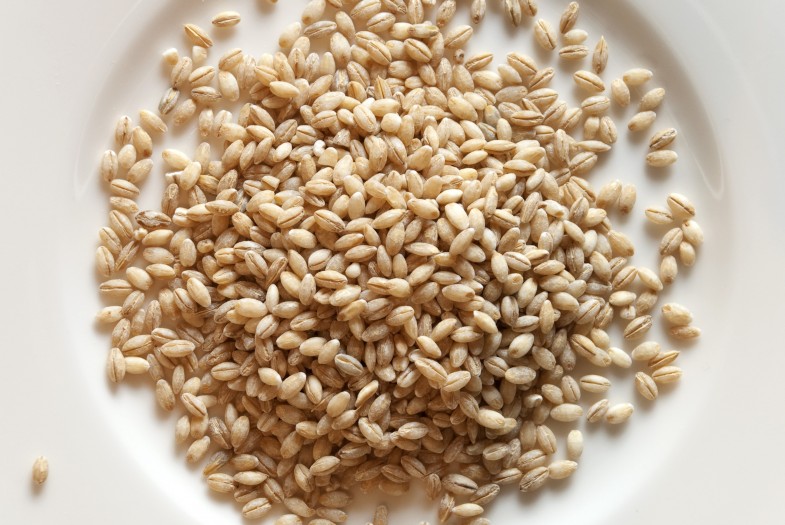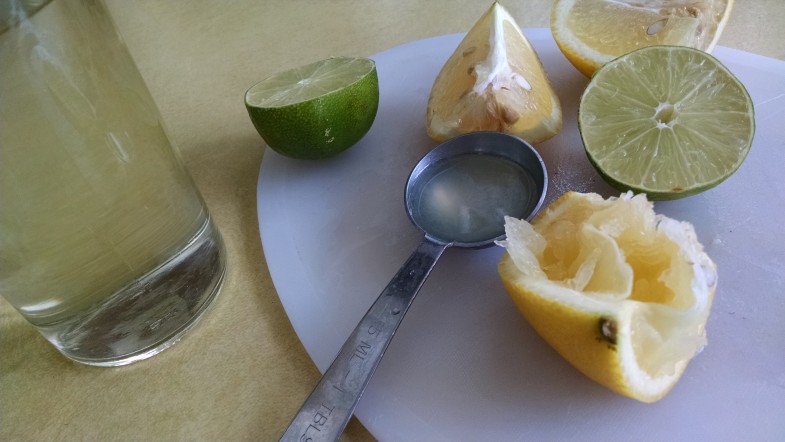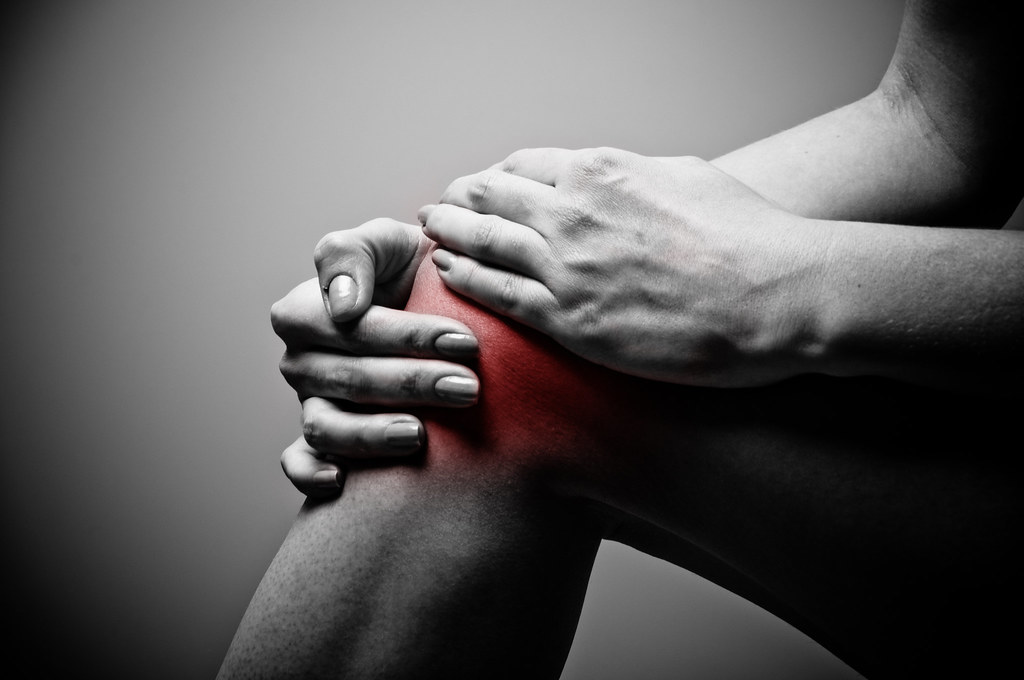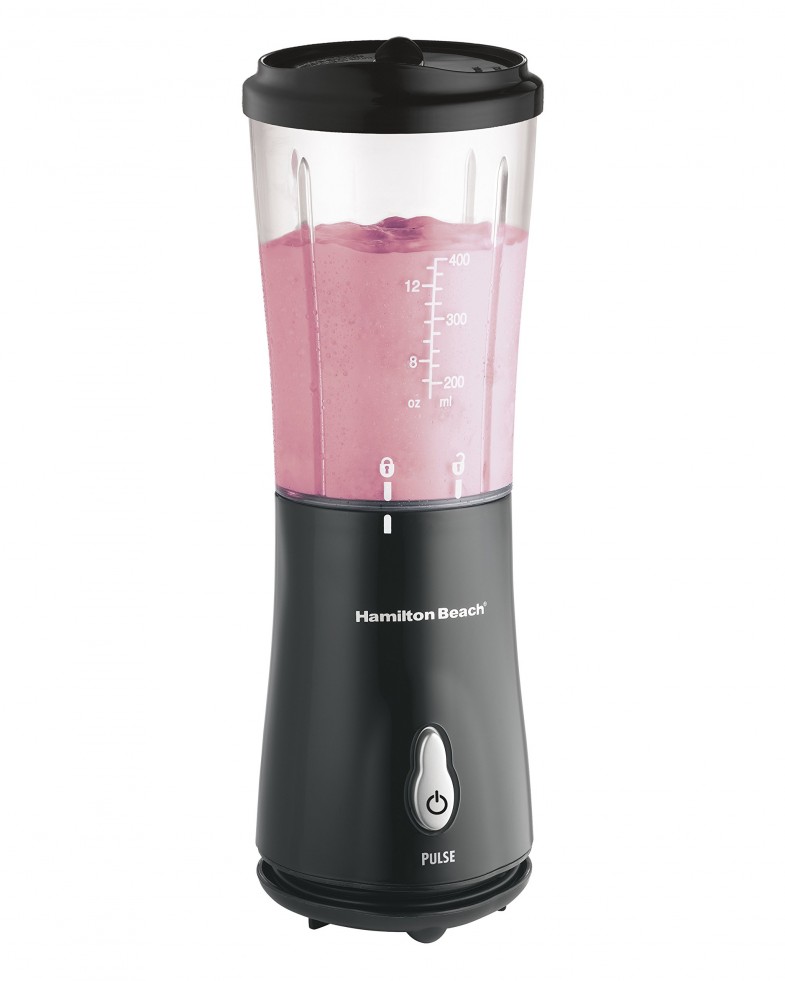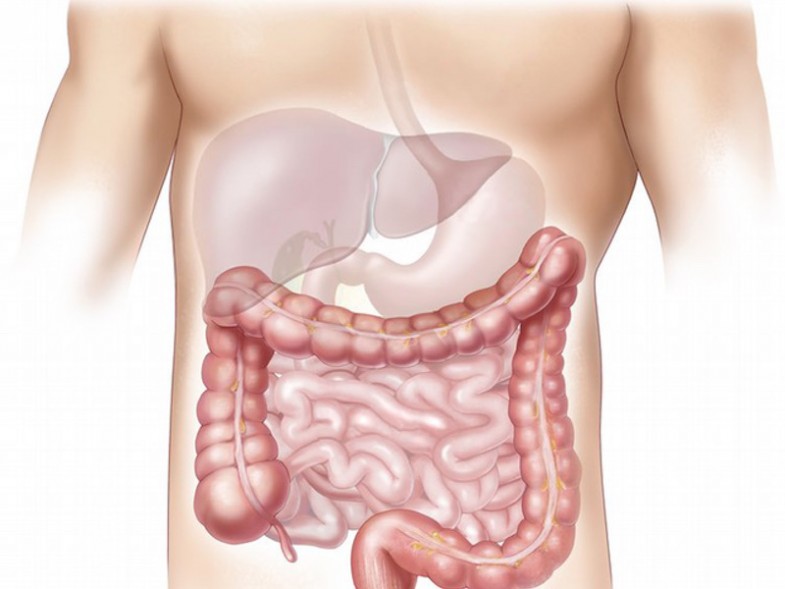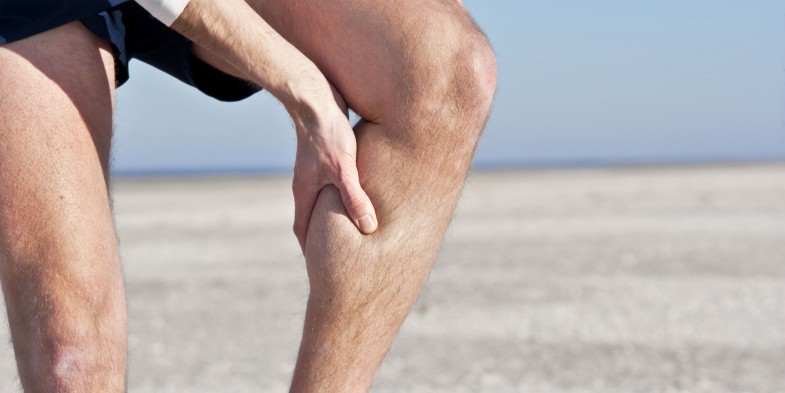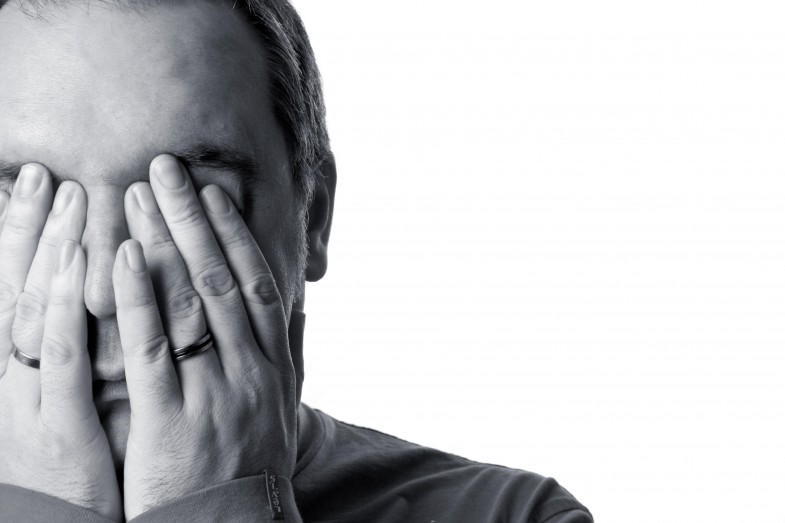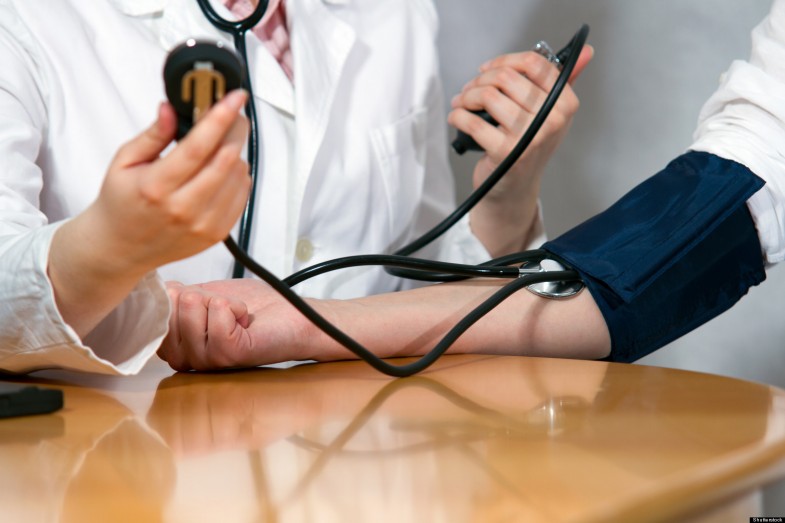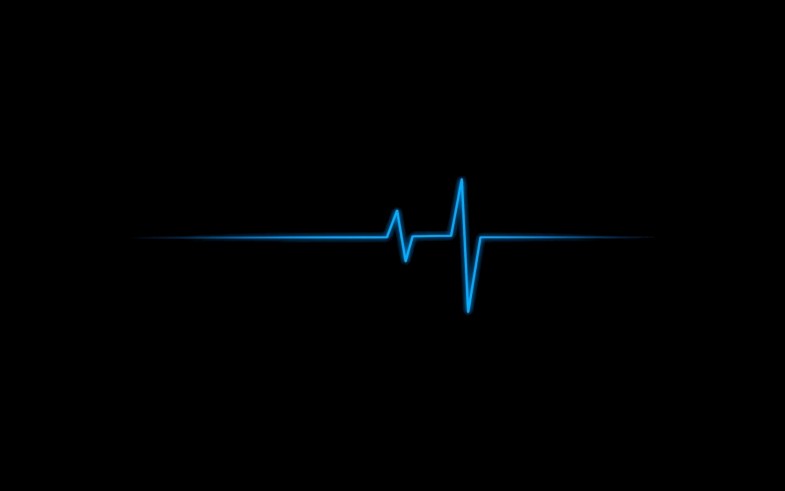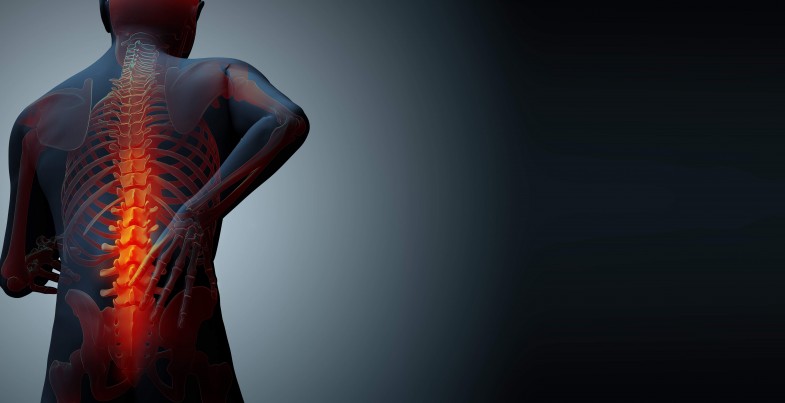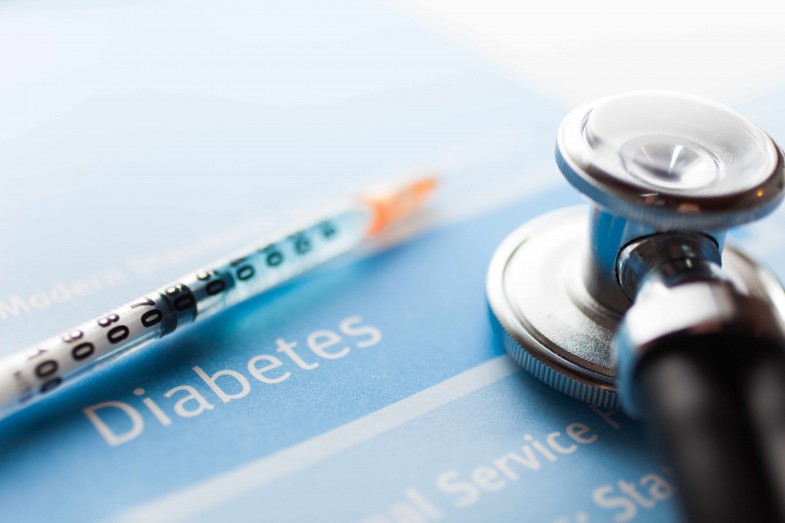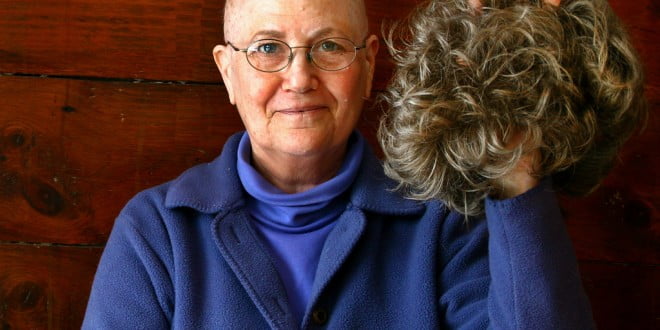
‘You have cancer’ is the phrase we all dread hearing from our doctor. Cancer is something that happens to other people, not you. However, do you know that the vast majority of Americans will hear that frightening statement from their doctor.
Knowing that, do have any idea of what the more common forms of cancer are?
To begin with there are over 200 different forms of cancer. Some are fairly rare and others are so common that you may not sleep well tonight after reading this.
In 2009, over 2 million Americans were diagnosed with just the 10 most common forms of cancer. The twelve most common types of cancer listed at the time and the number of cases diagnosed just that year per one source for 2009 were:
1- non-melanoma skin cancer – 1,000,000 cases
2- lung cancer – 219,440 cases
3- breast cancer – 194,280 cases
4- prostate cancer – 192,200 cases
5- colorectal cancer – 146,970 cases
6- bladder cancer – 71,000 cases
7- melanoma – 68,720 cases
8- non-Hodgkin lymphoma – 65,980 cases
9- kidney cancer – 49,000 cases
10- leukemia – 44,790 cases
Those were 2009 figures which tally up to 2,052,380 NEW cases of just these 10 types of cancer. In 2009, the US population was around 306,8 million people. While 2 million NEW cases of cancer may not sound that high compared to the entire nations population, consider the fact that each year there were about 2 million NEW cases, so combined with the 9 years prior to 2009, it’s safe to say that there were at least 20 million new cases of cancer diagnosed. To give you an idea of what the percentage is, put 100 people in a room and then realize that 6-7 of them will most likely be diagnosed with cancer or have already been diagnosed.
Since then, some cancers have been easier to detect and diagnose and others are just becoming more abundant. Part of the increases in some cancer rates are due to diets, lack of proper exercise, poor sleep habits, genetics and reasons unknown. Combining estimated figures from Cancer.net and the National Cancer Institute for 2017, for the same 10 common forms of cancer has risen to 4,138,970, more than double the number of cases diagnosed in just 2009. The same two sources estimate that at least 361,570 people will die this year JUST from these 10 forms of cancer. In that same room of 100 people, at least 12-14 will have been diagnosed with cancer in the past 10 years and at least 1 or 2 of them will die this year. Could it be you or someone you know?
These two sources also list four additional common types of cancer which will yield about 212,630 new cases this year and around 85,000 deaths. Here are the 2017 estimates of new cases and death of 14 of the most common forms of cancer.
1- non-melanoma skin cancer – 3,000,000 cases – 2,000 deaths
2- lung cancer – 222,500 cases – 155,870 deaths
3- breast cancer (women) – 252,710 cases – 40,610 deaths – (male) – 2,470 cases – 460 deaths
4- prostate cancer – 161360 cases – 26,730 deaths
5- colorectal cancer – 135,430 cases – 50.260 deaths
6- bladder cancer – 79,030 cases – 16,870 deaths
7- melanoma – 87110 cases – 9,730 deaths
8- non-Hodgkin lymphoma – 72,240 cases – 20,140 deaths
9- kidney cancer – 63,990 cases – 14,400 deaths
10- leukemia – 62,130 cases – 24,500 deaths
11 – endometrial cancer – 61,380 cases – 10.920 deaths
12- liver cancer – 40,710 cases – 28,920 deaths
13- pancreatic cancer – 53,670 cases – 43,090 deaths *lowest % survival rate
14 – thyroid cancer – 57,870 cases – 2,010 deaths
Every great military leader says it’s best to know one’s enemy. The more you know about an enemy the better prepared you can be to defend against that enemy. Cancer is definitely an enemy to all of us. Not only is it a horrible and painful way to die, but it can cost tens of thousands of dollars in medical fees to try to fight and hopefully recover from.
Knowing which are the most common types of cancers and whether or not they tend to run in your family can be a huge advantage in helping you and your doctor to protect you from that enemy. Additionally, knowing more about each type of cancer and how things like diet, stress, lack of sleep and exercise can place you at more risk may also help you find a way to defend against it. In the near future, we hope to address some of these cancer forms more specifically to help you mount a strong defense.


